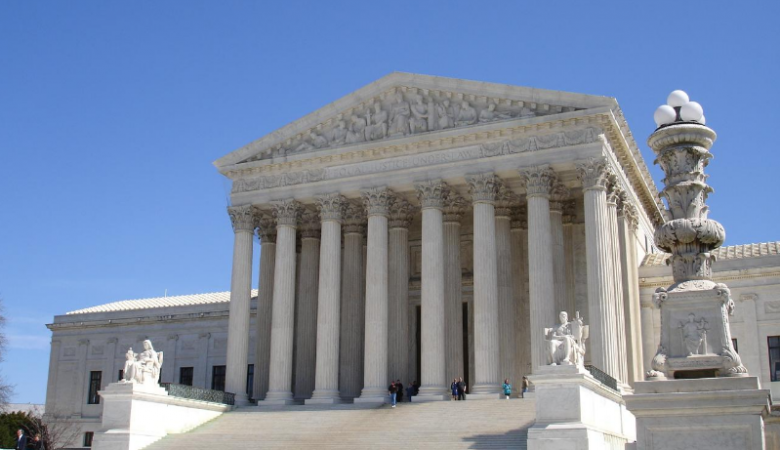Brett Kavanaugh and Property Rights
President Donald Trump announced on July 9th the nomination of Judge Brett Kavanaugh to fill the Supreme Court vacancy left by the retirement of Justice Anthony Kennedy. The Supreme Court is clearly a pivotal institution in the United States government whose decisions have significant ramifications for individuals and companies. Indeed, Supreme Court decisions deal with property rights issues and intellectual property rights in particular.
Judge Kavanaugh professes an extensive list of opinions and judicial decisions dealing with intellectual property. Through his lengthy and distinguished career as a legal scholar, lawyer, and federal judge, Kavanaugh has encountered challenging cases concerning copyright law. And with high profile intellectual property rights cases soon to be on the Supreme Court’s docket, Kavanaugh would bring to the Supreme Court a well qualified eye and commitment to property rights.
In the last few years, Judge Kavanaugh has shown a stalwart defense for organizations to receive fair compensation for the use of their intellectual property. For example, in the 2015 case Independent. Producers Group. v. Librarian of Congress he supported an administrative decision to allow royalty payments for re-broadcasted copyrighted content. While Kavanaugh has called into question the constitutionality of the royalty board, he continues to agree with the right of music copyright holders to receive protection and compensation. This was revealed in his affirming opinion in the 2009 case Soundexchange, Inc. v. Librarian of Congress.
In addition to these two decisions, Judge Kavanaugh has ruled in favor of copyright holders in numerous other decisions and has questioned areas in which administrative agencies may have overstepped their authority (which could potentially lead to rights’ violations). Other cases include Settling Devotional Claimants v. Copyright Royalty Board in which Kavanaugh disagreed with the Board’s arbitrary royalty setting rates and criticized them for not following the Administrative Procedures Act. Furthermore, he sided with the government in the 2010 case Recording Industry Association of American, Inc. v. Librarian of Congress, a case in which the Board adequately defended its set policy of established royalty rates for ringtones.
This judicial history will prove vital in the outcome of two important Intellectual Property cases that may reach the Supreme Court soon. These two cases likely will be Fourth Estate Public Benefit Corp. v. Wall-Street.com, LLC and Helsinn Healthcare S.A. v. Teva Pharmaceuticals USA, Inc. The first case concerns copyright law while the second one deals with patents. Judge Kavanaugh has proven through his many years on the Federal Appeals Court that he is qualified to handle cases of intellectual property rights, and he could be a decisive voice in these two potentially upcoming cases. Either way, we at Property Rights Alliance are confident that Judge Kavanaugh will defend property rights if successfully appointed to the Supreme Court.

